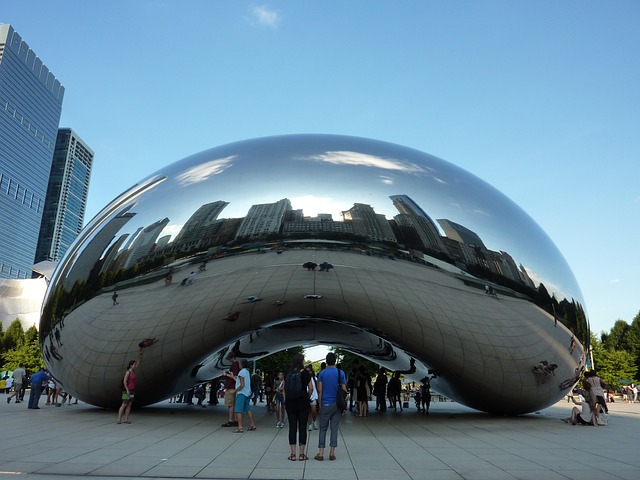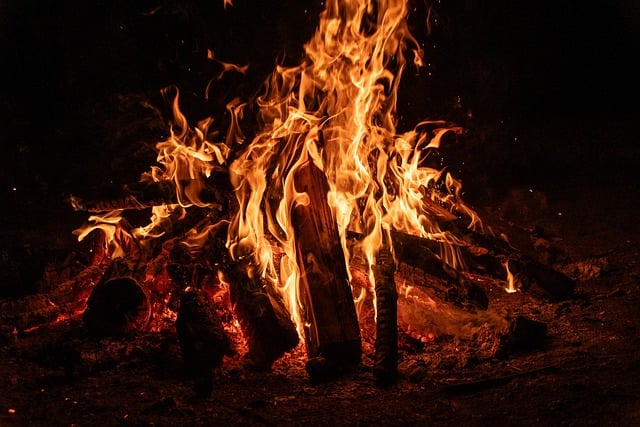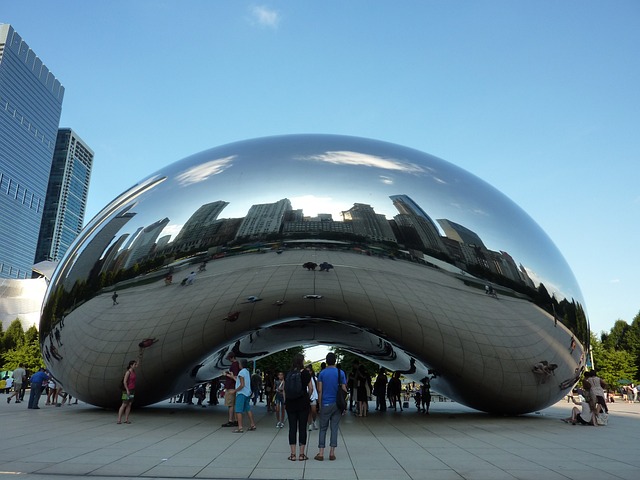Selling a fire-damaged house in Chicago requires adhering to strict local building codes, understanding market dynamics, and addressing property value concerns. Homeowners should focus on thorough cleaning, remediation, and professional assistance to remove visible damage and odors. A careful assessment of repair needs, engagement with experienced contractors, decontamination, and open communication are crucial for successful sales. Navigating legal complexities, transparent documentation, and variable repair costs ensure a fair transaction in the Chicago market.
“In the competitive Chicago real estate market, understanding as-is home sales is crucial. This article delves into the unique dynamics of this segment, focusing on Chicago’s perspective. We explore how fire damage significantly impacts property values and navigate the intricate process of selling a fire-damaged house within the city’s legal and financial framework.
From assessing repair costs to negotiating as-is transactions, this guide offers insights for both sellers and buyers considering the challenging yet rewarding path of selling a fire-damaged property in Chicago.”
- Understanding As-Is Home Sales: A Chicago Perspective
- The Impact of Fire Damage on Property Value
- Navigating the Process of Selling a Fire-Damaged House in Chicago
- Legal and Financial Considerations for As-Is Transactions
Understanding As-Is Home Sales: A Chicago Perspective
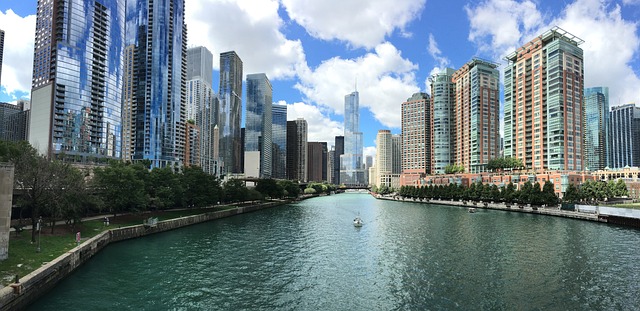
In Chicago, as-is home sales refer to transactions where properties are sold in their current state, with no repairs or renovations required from the buyer. This type of sale is particularly relevant when dealing with fire-damaged houses, which often require significant restoration work before they can be occupied safely. Selling a fire damaged house in Chicago involves understanding local regulations and the market dynamics specific to such properties.
Property investors and homeowners considering selling their fire-damaged homes in Chicago should be aware of the city’s strict building codes and safety standards. These regulations ensure that all structures meet minimum safety requirements, but they can also increase the cost of repairs for buyers who choose to renovate. Despite this, as-is sales can still be attractive due to the potential for significant profit once restoration is complete. The Chicago market offers both challenges and opportunities for those looking to buy or sell fire-damaged properties, with a keen understanding of local real estate trends being key to navigating this niche segment effectively.
The Impact of Fire Damage on Property Value
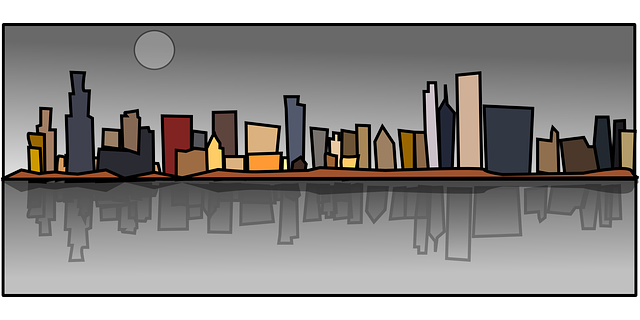
Fire damage can significantly impact property value, especially in a bustling city like Chicago. When a home suffers from fire, it’s not just the physical structure that takes a hit; the event often leaves behind remnants of smoke and odours that can affect the overall market appeal. Prospective buyers typically associate these remnants with potential health risks and further repairs, leading to lower offers or longer negotiating periods.
Selling a fire-damaged house in Chicago requires a strategic approach. Homeowners should prioritize thorough cleaning and remediation to mitigate any visible signs of damage and address odours. Professional assistance can be invaluable in this process, ensuring the property is not only safe for occupation but also maximally attractive to potential buyers. This proactive step can make all the difference between a prolonged sales period and a swift transaction.
Navigating the Process of Selling a Fire-Damaged House in Chicago
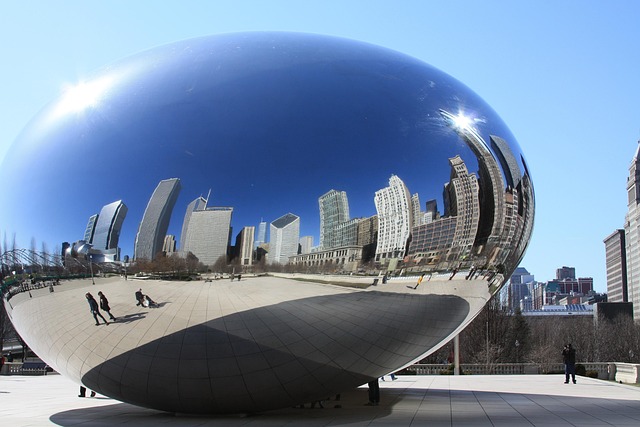
Selling a fire-damaged house in Chicago can be a complex process, but with the right approach, it’s definitely achievable. The first step is to assess the extent of the damage and understand the costs involved in repairs. It’s crucial to obtain accurate estimates from experienced contractors who specialize in fire restoration. This will help you set realistic expectations for potential buyers.
Once you have a clear understanding of the repair needs and associated costs, it’s time to prepare your home for the market. This might include decontaminating the property to mitigate any remaining hazardous materials, as well as making necessary repairs to restore its pre-fire condition. Presenting a well-stage home can significantly attract more interested buyers and potentially command a higher selling price. Keep in mind, open communication with potential purchasers about the fire damage history is essential for building trust throughout the selling process.
Legal and Financial Considerations for As-Is Transactions

When considering selling a fire-damaged house in Chicago, understanding the legal and financial considerations is paramount. These transactions often involve unique challenges due to the condition of the property, which can impact both the buyer and seller. In Illinois, buyers should be aware of the state’s laws regarding as-is sales and potential liability for future repairs or unforeseen issues. It’s crucial to have a thorough inspection done prior to finalizing the purchase to mitigate risks.
From a financial perspective, buyers interested in selling a fire-damaged house in Chicago need to assess the costs associated with the repair process. Repair estimates can vary widely depending on the extent of the damage, and it’s not uncommon for unexpected issues to arise during renovation. Sellers should be transparent about any known repairs needed and provide relevant documentation to buyers, ensuring transparency throughout the as-is transaction.
Selling a fire-damaged house in Chicago involves a unique set of challenges, from understanding the local market dynamics to navigating legal and financial considerations. While the process can be complex, it also presents opportunities for both buyers and sellers. By delving into the specific aspects covered in this article—from assessing property value post-fire damage to exploring as-is transactions—homeowners can make informed decisions when selling a fire-damaged residence in Chicago. This knowledge ensures a smoother transition, allowing folks to move forward with their lives while making the most of their real estate ventures.

